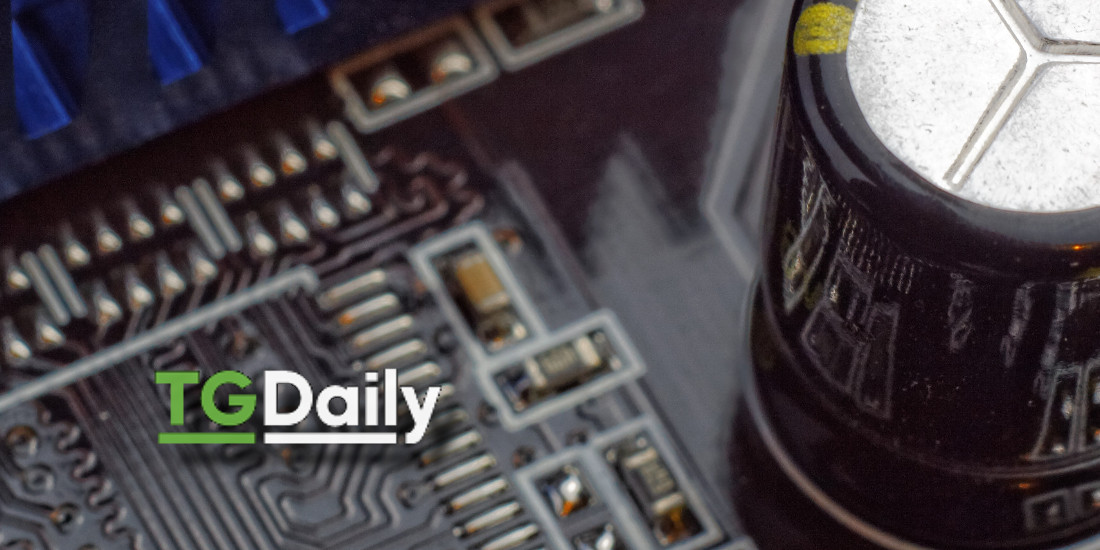Are fuel cell vehicles a better long-term bet than battery-powered cars?
Yes, everyone has an opinion on the most likely clean vehicle of the future, but the car companies have to put real money on their choice (or choices), and Hyundai appears to be wagering that hydrogen could be a real player.

Firming up earlier reports, the company said at the Paris Motor Show that it would kick off series production in Korea of its ix35 Fuel Cell vehicle before the year is out, “becoming the first global automaker to begin commercial rollout of zero-emissions vehicles.”
These vehicles won’t roll off the line in a hurry: Hyundai said it plans “limited mass production” – hey, if there can be “jumbo shrimp,” why not limited mass production? – “with a target of building up to 1,000 vehicles by 2015.” Note the phrase, “up to,” which means the actual number could be fewer.
Still, the commitment is significant. Other carmakers — like Toyota, Mercedes and GM — have all been pretty much eyeing 2015 as the jumping off point for their concepts to perhaps go commercial.
Hyundai’s plan is to offer the vehicle for both public and private lease, but fleet deals with governments seem to be the focus. The company said it “has already signed contracts with cities in Denmark and Sweden to lease the ix35 Fuel Cell to municipal fleets.”
Municipal fleets could have an easier time overcoming a major hurdle for such vehicles – the infrastructure to fuel them – with cities installing stations at their vehicle yards.
In its press release, Hyundai said it was “encouraged by the actions of several governments, especially in Europe, that have created detailed roadmaps for building a hydrogen infrastructure and are providing necessary funds. Hydrogen fueling stations exist in several European nations and additional ones are being built and planned.”
Expansion of fueling stations is also anticipated in Korea and California, and Hyundai will supply its ix35 Fuel Cell to public and private fleets there, as well.






